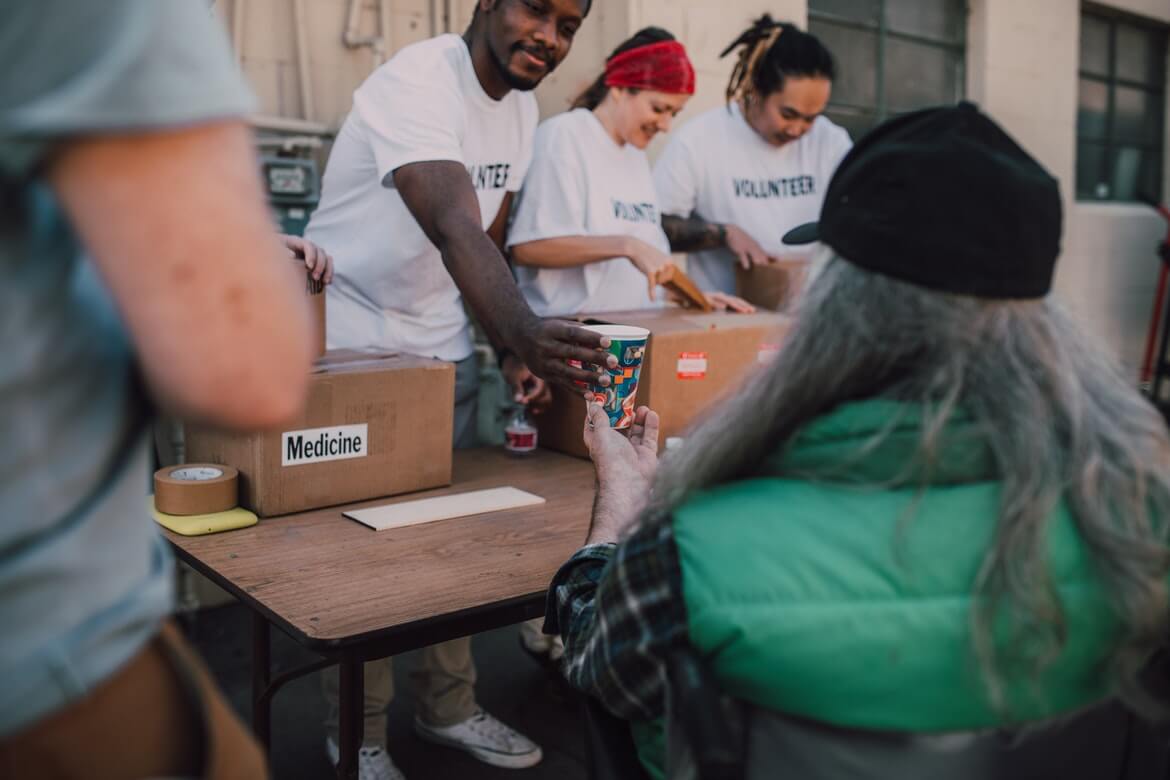“What will other people think?”
For many South Asians, this question springs to mind when making any kind of decision – a decision that concerns no one else but yourself. How others perceive you and your family is, for most South Asians, the most pressing concern.
One that takes priority over everything – including your mental health, wellbeing and happiness. It is therefore unsurprising that a huge number of British Asians suffer from mental health problems and rarely get help. Around 1 in 20 people suffer from depression in India and in a survey of 3556 people, 47% could be described as highly judgmental of people with a mental illness.
This toxic mentality has been carried over to the UK where British Asians are still too preoccupied with the shame from what others will think or say and the impact on a family’s reputation to address mental health issues.
Furthermore, there is a worry that having a mental health issue will be an obstacle to marriage. For most Indian families, the concern of a son or daughter finding a suitable partner to carry out the arrangement of marriage is far greater than the concern towards the actual mental health issue.
This is why if a son or daughter is suspected of possessing a mental illness, it is kept secret for their future partner to discover later on, resulting in an unhappy marriage or divorce (divorcees are often seen as being failures and people are expected to continue to live in an unhappy marriage), which then exacerbates the issue. This leads on to the fact that in many cases, depression is caused by the cultural pressures that come with being in an Indian family.
For example, South Asian girls are heavily judged in everything they do – how they dress, academic performance, whether they ‘go out’ a lot, whether they can cook and clean etc. For men, typically seen as the ‘breadwinners’ of the family, admitting to a mental illness is a weakness and can lead to emasculation. These pressures weigh heavily on one’s shoulders and feed into a vicious cycle of feeling restricted due to cultural pressures, leading to depression or anxiety which is then seen as shameful within the community, which exacerbates these mental illnesses.
Yet, many South Asians do not view mental illnesses as a medical issue, but instead thought to be caused by ‘the will of God or bad parenting’ or a punishment for something done in their previous life.
People with a mental illness such as depression are often labelled as ‘crazy’ and ‘mad’ resulting in themselves and their families being shunned by the community and in worse cases being disowned by their own family. Many members within my own family have suffered from depression and I have witnessed the social isolation this had led to from the community.
Mental illnesses are rarely even acknowledged and the lack of support from family and friends only worsens this issue. These attitudes towards mental health within the Indian community are backward and outdated and must change. We must break the cycle.
Young British Asians should consciously take a different approach and a different attitude so that the future generations do not have to suffer like previous generations have. Conversations regarding emotions need to be normalized. Being able to do what makes you happy should be normalized. Not judging other people should be normalized.
This must be done so that we can reduce the number of British Asians that suffer from mental health issues and learn how to best support the people that do.







